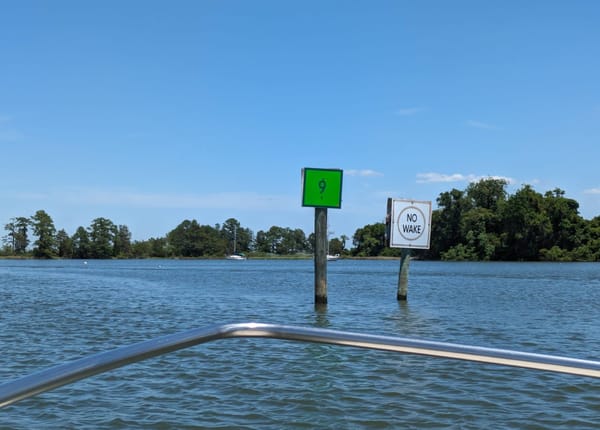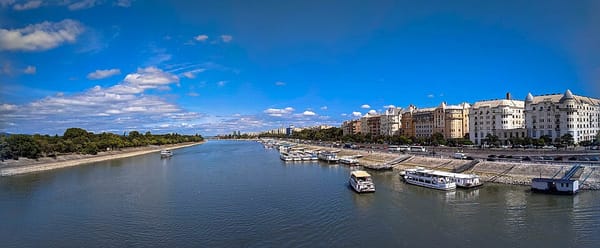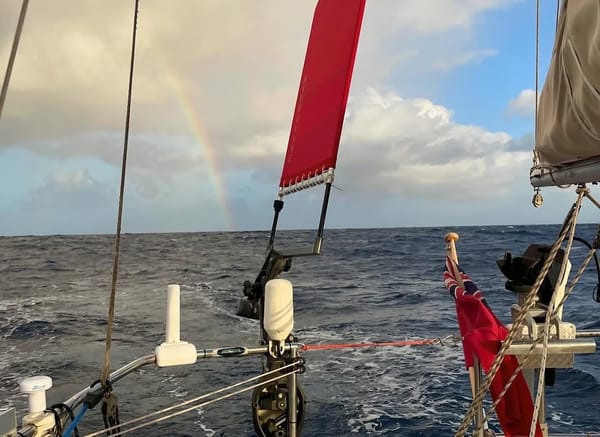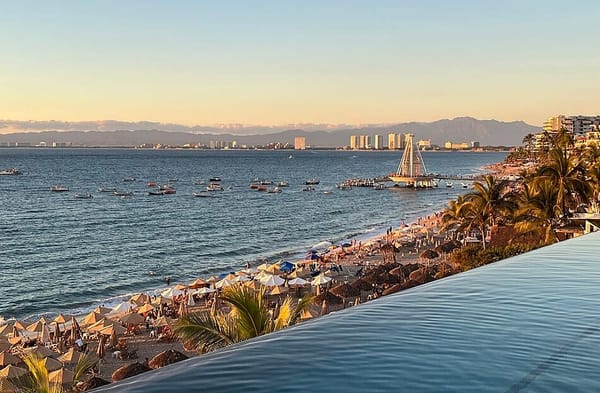Green Boating: Eco-Friendly Tips to Keep the Sea Blue and Trash Free
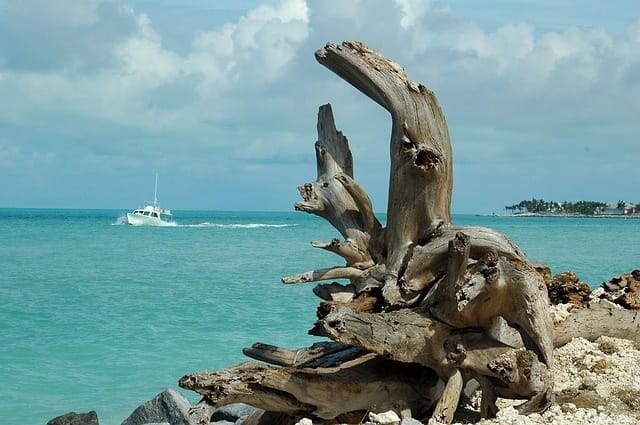
If you’re a boater, chances are, you love the water. That’s probably the reason you bought a boat in the first place, right? There’s nothing like that feeling of wind in your face as you’re sailing through beautiful blue waves. But, to quote movie uncles, with great boating comes great responsibility.
Trash, toxic chemicals and improper boating habits can destroy the coral reef, injure and kill animals and pollute the water we all love. Reducing your carbon footprint (or wake print, as the case may be) is not a difficult task. Keep reading to check out some easy ways to prevent pollution and protect marine habitats.
Oil and Fuel
There’s no getting around the fact that boats require oil and fuel to operate. Unfortunately, they can be the biggest contributors to pollution in the waterways. Proper use and disposal are crucial to marine conservation and a clean environment.
- Gas up slowly. This prevents fuel spillage, especially in choppy waves. Resist the urge to “top it off.” Since gas expands as it gets warm, filling it all the way to the top can result in leaking.
- Don’t use dish soap to clean up an oil leak in the water. It causes the oil to break up into very small particles (essentially creating many mini oil spills). This is what you want when washing greasy dishes, but not to clean up a marine oil spill. Keep a spill kit with absorbent pads, socks and booms in your boat to take care of accidental spills.
- Oil and fuel leaks can be prevented by keeping the engine well-tuned. Use an absorbent pad in the bilge and engine to soak up small drips. Another advantage of a well-tuned engine is fewer emissions into the air as well as the money-saving factor.
Maintenance
Even if your private boat slip rental allows maintenance, keep in-water maintenance to a minimum. Obviously, this isn’t always possible, but it does prevent the occasional spillage of things like oil or paint into the water at your boat slip rental. If you do have a spill, or witness one (you can’t mistake that sheen on top of the water), follow Environmental Protection Agency (EPA) guidelines to clean or report it. If needed, call the National Response Center (NRC) hotline at 1-800-424-8802.
Regularly inspect batteries, engines, hoses and bilges to help prevent leaks and keep your boat running right. Use non-toxic cleaning products and non-toxic bottom paint. Copper-based bottom paint can be hazardous to marine life and the water.
Trash and Sewage Disposal
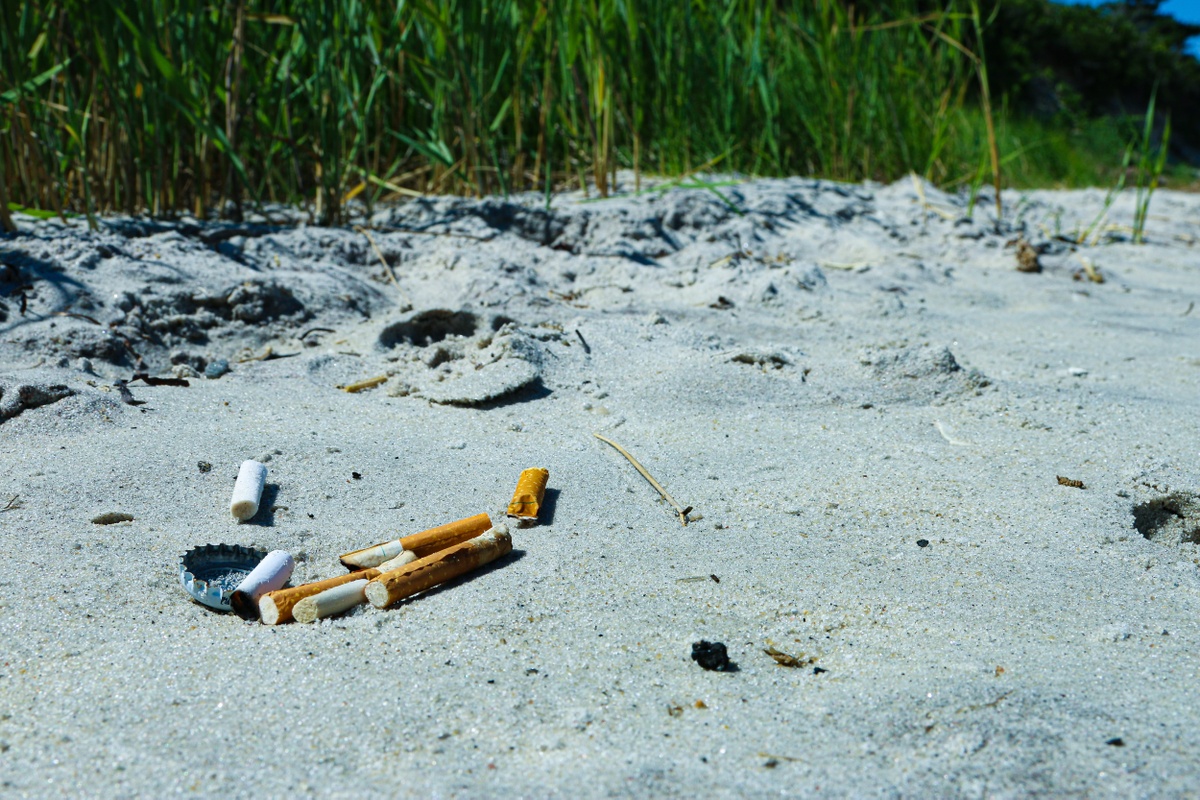
Photo: Unsplash
Properly disposing of trash, greywater (from showers and sinks) and blackwater (sewage) is crucial for protecting the marine environment.
- Use harbor pump-out stations for wastewater disposal.
- Dispose of hazardous things like paint, oil filters, used oil and antifreeze in proper receptacles at hazardous waste facilities.
- If you smoke, please do not toss those butts overboard. It’s a mistaken idea that cigarette butts are made of paper. They’re actually made out of a type of plastic, and they stick around forever.
- Keep trash on board until reaching the shore. Then dispose of properly in waste containers or recycling bins.
- Use phosphate-free biodegradable soap to reduce greywater effects. When possible, take showers and do dishes on land at your marina or private boat dock rental.
Fishing and Recreation
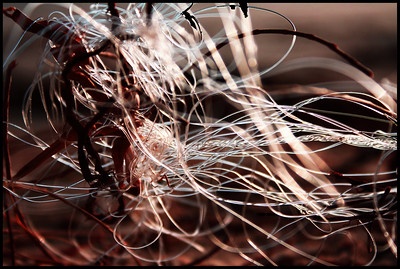
Photo: Aristocrats Hat via Flickr/CC
There are a wide variety of green practices you can follow when out fishing, snorkeling or jet-skiing.
- Never touch coral while diving or snorkeling. It harms the coral and is illegal.
- Only anchor in approved areas on mooring buoys when near a coral reef.
- Use monofilament receptacles to dispose of fishing line.
- If you use live bait for fishing, use bait that’s native to the area. This prevents the introduction of invasive species to the environment. Washing your boat and gear after a fishing trip or boating excursion is another way to prevent this.
- Stay as far from the shoreline as possible so as not to interrupt wildlife habitats and feeding places. This includes not causing wakes near the shoreline.
- Pay attention to where you’re docking. While stopping at secluded coves is a fun experience, be careful not to disturb native plants, grasses and animals.
Products to Preserve the Marine Environment
In addition to cleaning products, there are several eco-friendly products on the market that you can keep on board at your boat slip rental. Here are a few to check out.
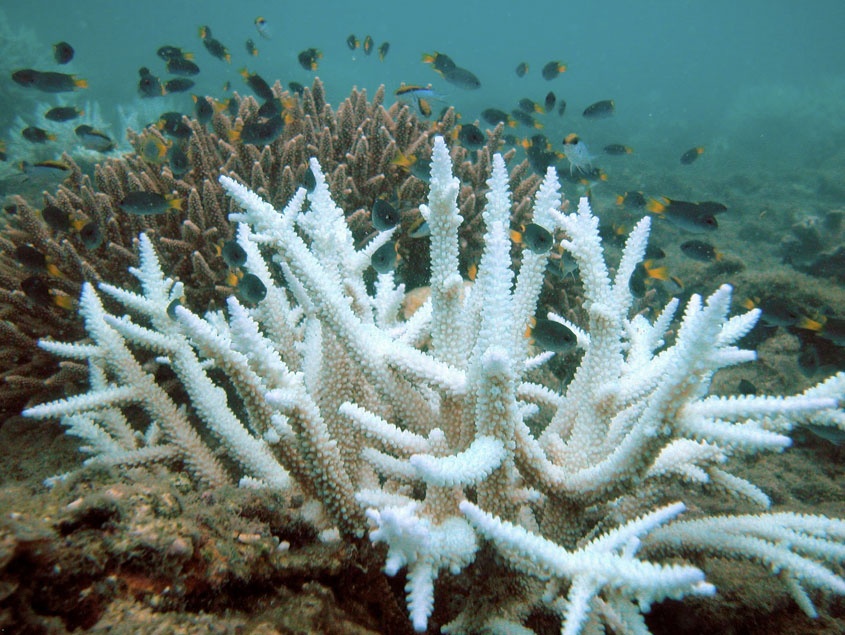
Photo: Bleached coral (Wikimedia)
- Use reef-safe sunscreen that doesn’t have ingredients like oxybenzone, PABA and parabens that can harm the reef and marine animals. Parabens can contribute to the bleaching of coral. Raw Elements is a great reef-safe sunscreen brand, as it has SPF ingredients like zinc oxide or titanium oxide but none of the harmful stuff.
- Reusable straws – such as the collapsible FinalStraw from 4Ocean – are a great alternative to plastic straws, which just break down into tiny pieces (known as micro-plastics) in the ocean. They then get ingested by turtles, birds and other marine creatures.
- Everything tastes better on a boat (it’s a proven fact). And sandwich bags are a must for boat-bound picnics. Skip those skimpy plastic ones and go with reusable sandwich bags. Made out of food-safe polyester and durable waterproof liners, they’re easy to wash after holding snacks, fruit or sandwiches.
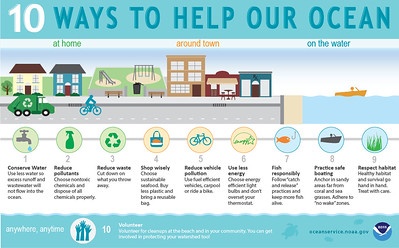
Photo: NOAA (Flickr/PublicDomain)
Whether you’re boating in the bay, fishing the flats or relaxing deckside at your private boat slip rental, following these easy steps can keep those blue waterways clean, green and healthy for all of our upcoming boat days.
